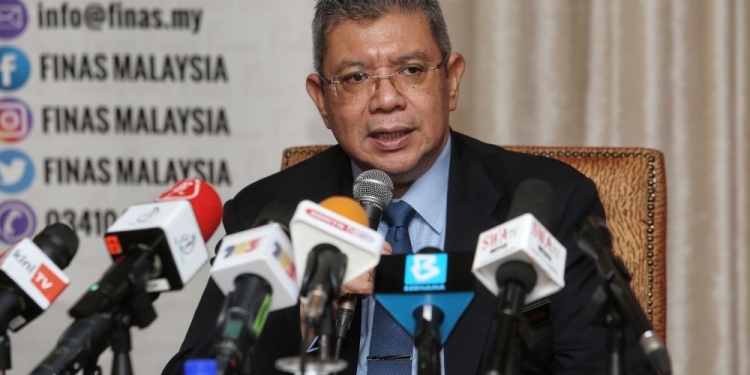Malaysia will invest significantly in the latest generation telecommunications and other technologies in the quest to achieve a high-income nation status, said Communications and Multimedia Minister Datuk Saifuddin Abdullah.
He said so far, Malaysia has 71 5G use cases demonstration led by private companies, namely Celcom, Digi, edotco, Maxis, Petronas, Telekom Malaysia, U Mobile, and YTL, as well as their ecosystem partners consisting of digital solution providers, ministries, agencies, integrators and vendors.
“These use cases were demonstrated across seven states (Kedah, Pahang, Penang, Perak, Selangor, Terengganu and the Federal Territories) with a total industry investment of RM131 million.
“These projects focus on facilitating and cultivating the development of a holistic and inclusive 5G ecosystem, which stimulates the demand, as well as adoption,” he said in his keynote address at the Invest Malaysia 2020 ― Virtual Series 3, here today.
Saifuddin said as various industries adopt 5G, it could positively influence other industries’ contribution rate to the gross domestic product (GDP) effectively, allowing the country to produce and manufacture more high-quality goods and services, ultimately benefitting the rakyat with improved earnings and affordability.
He said the government has extended the period of the 5G demonstration project (5GDP) until December 31, 2020.
“To the innovators, service providers, and relevant stakeholders, this is an exciting time for Malaysia. I urge you to come forward and participate in the 5GDP,” he said.
He said Malaysia is expediting the improvement of connectivity for both fibre optic and 4G as a means to ensure that the 5G rollout will be done in an efficient and effective manner.
Hence, the 5G deployment will benefit consumers without a significant increase in cost of service; industries will be able to roll out their respective solutions utilising 5G; and an expeditious use of the invested network for the service providers, he added.
“Such a healthy eco-system will contribute significantly to the national agenda of Digital Malaysia and thereby the national GDP,” he said. ― Bernama via Malay Mail








